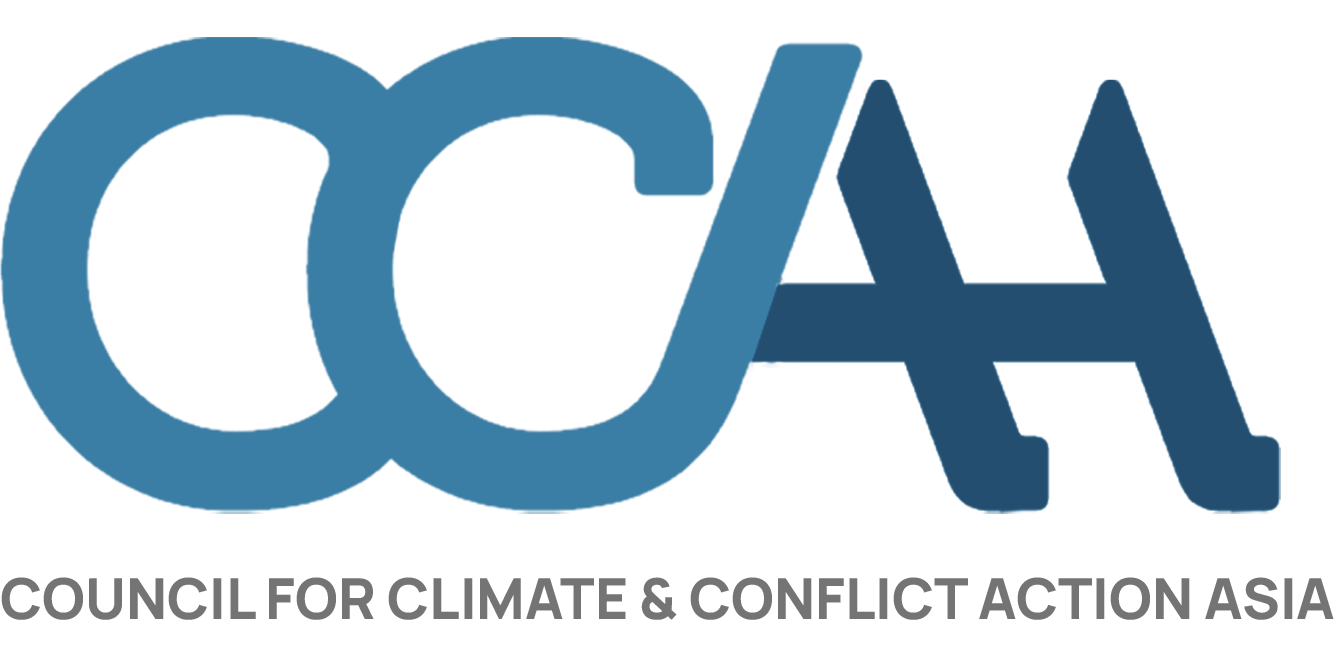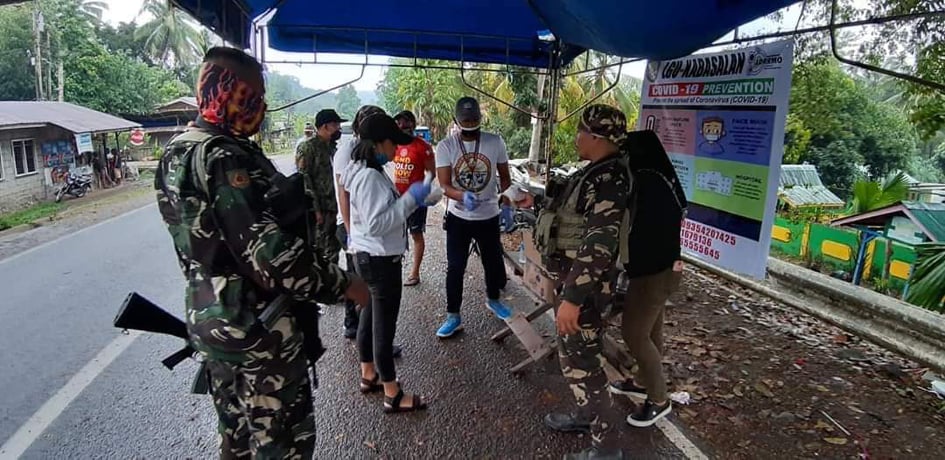COVID and conflict dynamics in the Bangsamoro
21 May 2021 Briefs / Conflict Alert
The government responded to the growing COVID-19 crisis in early 2020 with a series of lockdowns with varying rules and coverage. In the Bangsamoro, the government at various levels enforced the lockdowns through curfews, checkpoints, roving patrols, and quarantine or travel passes. These were similar to the measures used to enforce martial law in Mindanao from May 2017 to December 2019, which succeeded in lowering the number of violent conflict incidents over the three-year period. They had the same effect of reducing conflicts in the region in general in 2020. However, the data also showed that these measures caused a rise in tensions and ignited cases of violence between enforcers and citizens. Extremist violence dropped in the March-May period, coinciding with the strictest lockdowns, but persisted with incidents up by 5% by the end of 2020 from the previous year. The lockdowns had the biggest impact on the household, with gender-based violence and child abuses increasing particularly in the March-May period. This makes the case for making the government’s COVID-19 response sensitive to the vulnerabilities of women and children, providing avenues for reporting, designating emergency shelters, and guaranteeing quick action on complaints.
Download the Brief
